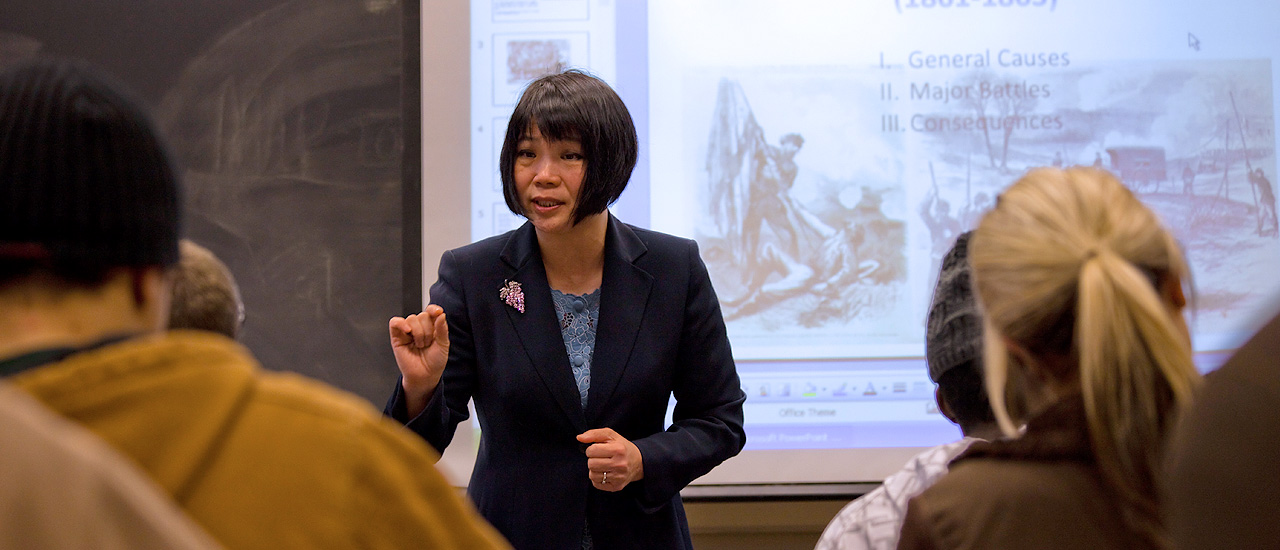History
What is History?
History is both a science and an art which explains the past. As a science, history works to verify what really happened...the facts. As an art, history endeavors to construct interpretations of these facts which help to understand who we are and how we became what we are. As we study the history of other countries and cultures, we learn to understand and appreciate the extent of diversity in the world. In many ways, history is the basis of a solid college education.
What can history do for you?
Studying history will provide the facts of the past and give several interpretations about the significance of this past. Since history deals with both facts and interpretations, it can teach how to judge the adequacy and appropriateness of these facts and interpretations and how they relate to each other. Studying history will teach how to separate fact from fiction, how to think critically, and how to understand the nature of controversy. Studying history will enable students to form judgments on many questions dealing with values:
- What is the place of people in the world?
- Should all aspects of all cultures be accepted and allowed?
- Are we supposed to be better off than our parents or grandparents?
WHY MAJOR IN HISTORY?
Historians as Educators
Elementary Schools
Secondary Schools
Postsecondary Education
Historic Sites and Museums
Historian as Researchers
Museum and Historical Organizations
Cultural Resources Management and Historic Preservation
Historian as Communicators
Writers and Editors
Journalists
Documentary Editors
Producers of Multimedia Material
Other history graduate and professional areas are:
- Law
- Journalism
- Government
- Social work
- Archival
- Museum work
Life must be lived forwards, but can only be understood backwards - Soren Kierkegaard
Learn more about the world of history through Sinclair’s program. With a Liberal Arts & Sciences degree, graduates may transfer to a four-year college or university of their choice. Sinclair makes it easy to transfer with the approved transfer module.
 Available Programs
Available Programs
For program specific information click on the program below:

